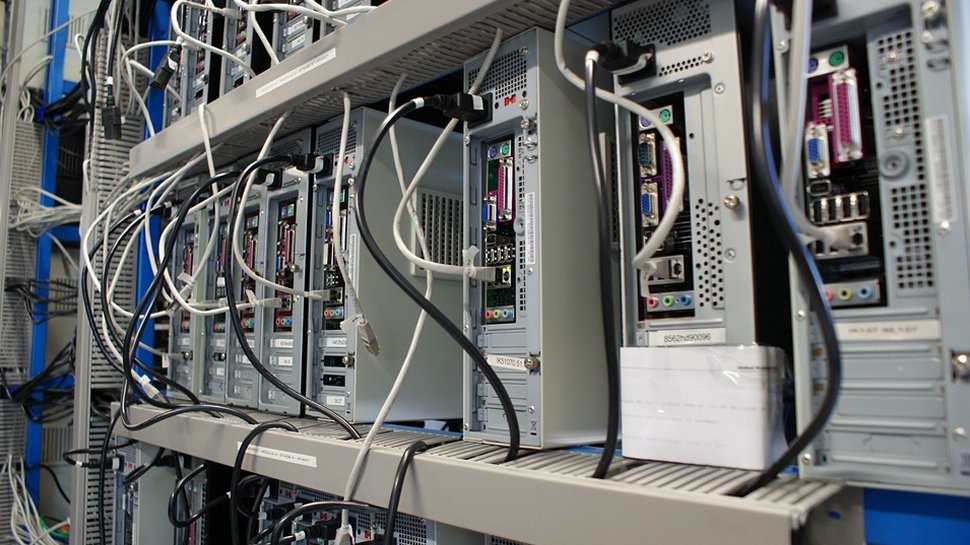For a global system with no central authority, the Internet is remarkably dependable. But its reliability and security could be compromised if its critical components become dominated by a few corporations.
About the author
Michael MacDonald is Chief Digital Officer at Huawei Asia Pacific.
Last month, a problem at a San Francisco-based provider of cloud services called Fastly shut down the Internet in parts of the UK, knocking out the websites of the British government and several major newspapers. The outage rendered Amazon temporarily inaccessible and affected popular sites such as PayPal, Reddit, and Hulu, in addition to Twitter.
Control of the internet
This is at least the third time in less than a year that a problem at a large cloud computing provider has shut down popular apps and websites, illustrating the vulnerability of a platform we all take for granted. Yet four key parts of the Internet are already controlled by only a handful of large technology companies, while a fifth could soon fall under the same influence.
Web browsers and operating systems make up the first component. Over the past two decades, Big Tech companies have established effective monopolies over the operating systems and browsers that create a user’s online experience. For example, Microsoft Windows and Apple’s MacOS control 95% of the total market for desktop operating systems, while for mobile, Google Android and Apple iOS control nearly 100%. American companies have more than of 90% of the mobile browser market.
Search engines and app stores are a second part of the Web that is effectively controlled by just a few companies. According to Grandview Research, Google and Apple app stores account for over 90% of application downloads. As for search, Big Tech held more than 97% market share for both desktop and mobile search as of September 2020. The largest non-American search engine, China’s Baidu, had only a 0.7% share of the desktop search space and 1.5% of mobile search.
The third part of the web dominated by Big Tech companies is the Cloud, where servers and data reside. Ranked by revenue, the world’s top three Cloud service companies are Amazon Web Services, Microsoft Azure, and Google Cloud. Collectively they hold 57% market share, according to Canalysys, a research outfit. Meanwhile the dominant cloud provider in China, Alibaba Cloud, has just 6% of the global market.
The fourth element is the silicon-based semiconductor chips that underpin almost nearly every aspect of the Internet. They’re in devices, servers, networks – anything computerized or used to transmit data.
Of the top 10 semiconductor makers ranked by sales in the first quarter of 2020, only four were not large American tech companies; of those, only one was not headquartered in a U.S.-allied nation.
Network plumbing
The only remaining part of the Internet not controlled by Big Tech is the network layer – the plumbing that moves bits and bytes from the smartphone in your hand to the application in the cloud data center. Yet this final bastion of independence is now in jeopardy.
Currently, the market for telecom equipment is distributed evenly and equitably across Asia, Europe, and the rest of the world. Asian companies, representing a region with 60% of the world’s population, had about 40% of the worldwide market share for network gear in 2020, according to Dell’Oro Group. Slightly less than one-third of world market share is European, divided between Ericsson and Nokia. The remaining one-third is split across a large vendor pool, with several American companies, most notably Cisco, possessing significant share.
But this last fair market is under threat. Business considerations are now being impacted by geopolitics, shutting out major vendors and reducing competition. As a consequence, costs go up, businesses curtail their investments, and there is less innovation, while consumers pay higher prices for inferior products and services. By contrast, ensuring a diverse selection of vendors stimulates competition, drives innovation, and potentially reduces costs.
With the Internet more vulnerable than at any point in recent memory, it is time for a fact-based conversation about how to secure digital networks and systems. The alternative – drifting further away from free market competition and increasing our dependence on a small number of dominant industry players – greatly lowers the odds of achieving the resilient, reliable cyberspace the country, and the world, so urgently need.




